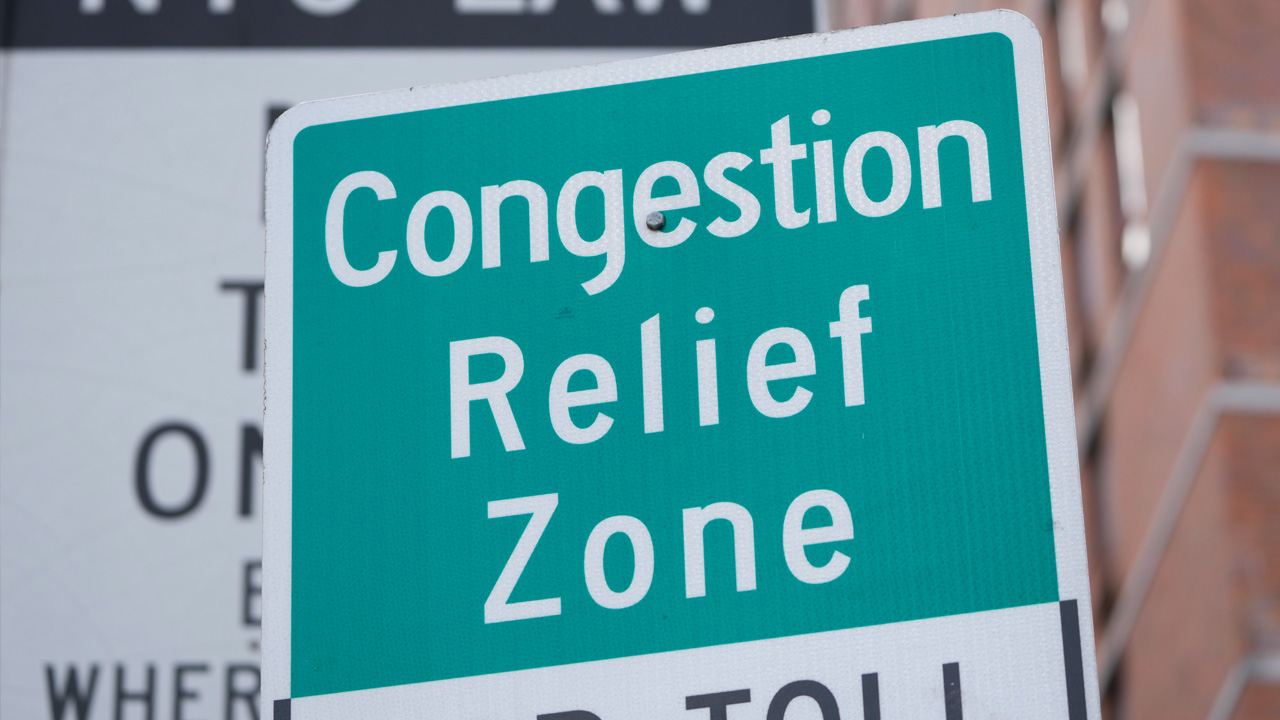MTA unveils turnstile redesigns to 'stop the bleed' from fare evasion

NEW YORK CITY (WABC) -- The MTA unveiled the most recent improvement to the transit system and it's one they hope will save them some money.
Top officials at the MTA demonstrated high-tech subway turnstiles that are more difficult to evade at Grand Central Terminal.
The redesigned turnstiles, which are glass gates, would replace the existing token-era entranceways, are more modern, and would increase accessibility.
Fare evasion cost the MTA $690 million in 2022, according to the transit authority.
To stop the bleeding, a blue-ribbon panel of 16 New Yorkers was assembled to recommend improvements to enforcement, fare subsidies and replacing existing subway turnstiles with more modern fare control devices.
The MTA is on track to lose $1 billion this year due to fare evasion, which makes new technology an urgent issue for officials.
While new turnstiles will solve some of the problems, officials said fare evasion and what to do about it is complicated.
"It raises questions about enforcement, but also equality and affordability, the things that the MTA is intensely focused on making better in New York," MTA CEO Janno Lieber said.
Additionally, the emergency exit gates may soon have a delay because that's how most fare evaders get through.
Gate guards are already being deployed at 30 stations with the highest incidence of fare evasion.
These new turnstiles come amid a heated debate on congestion pricing, which could help fund needed improvements in the public transit system.
RELATED | MTA reveals new details about nation's 1st congestion pricing plan in New York City

The plan aims to reduce traffic in the busiest parts of Manhattan while at the same time providing needed funding for mass transit, but it remains unpopular.
Under congestion pricing, in one scenario, driving into the city could cost $90 per day.The Port Authority toll is $17, congestion pricing south of 60th Street would run $23, and parking would cost $50.
The Federal Highway Administration greenlight the plan after reviewing its environmental and legal impact.
If the plan receives the final stamp of approval then implementation will be in the hands of New York City, New York State and the Traffic Mobility Review Board, the six-member body that will hold public hearings to determine things like toll prices and exemptions.
Based on the current timetable, congestion pricing could be implemented as early as April 2024.
ALSO READ | MTA's new 'R211' style subway trains hit the tracks, the first new fleet of trains in 5 years

----------
* Get Eyewitness News Delivered
* Download the abc7NY app for breaking news alerts
Submit a News Tip






